Ed Hajim’s life defies the odds and offers us some insights on how to deal with loneliness during the holidays. Born into a world of instability, he endured years in foster care and orphanages before building an extraordinary career in finance and philanthropy.
Yet, as he recounted in a candid interview, the scars of his early years never fully disappeared.
Instead, they shaped the man he would become—a man who turned pain into purpose and loneliness into a lifelong quest for connection and meaning.
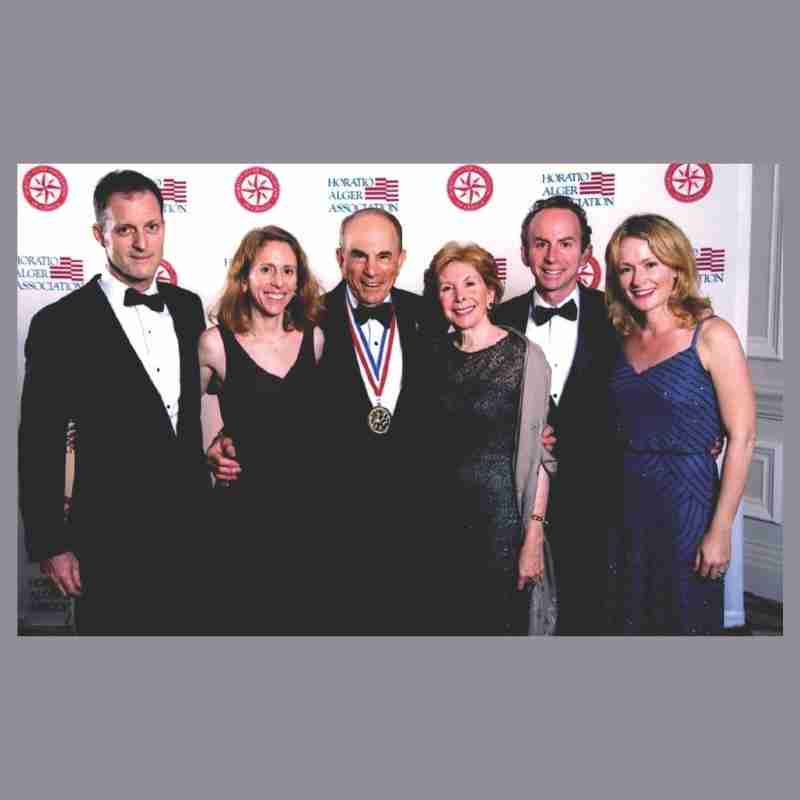
The Shadows of Loneliness and Social Isolation
From the start, Hajim’s childhood was filled with challenges. “My father spent maybe three years out of my first 18 years with me,” he explained.
His mother, whom his father falsely claimed was dead, was absent entirely. Living in orphanages and foster homes meant missing out on the familial bonds that most take for granted.
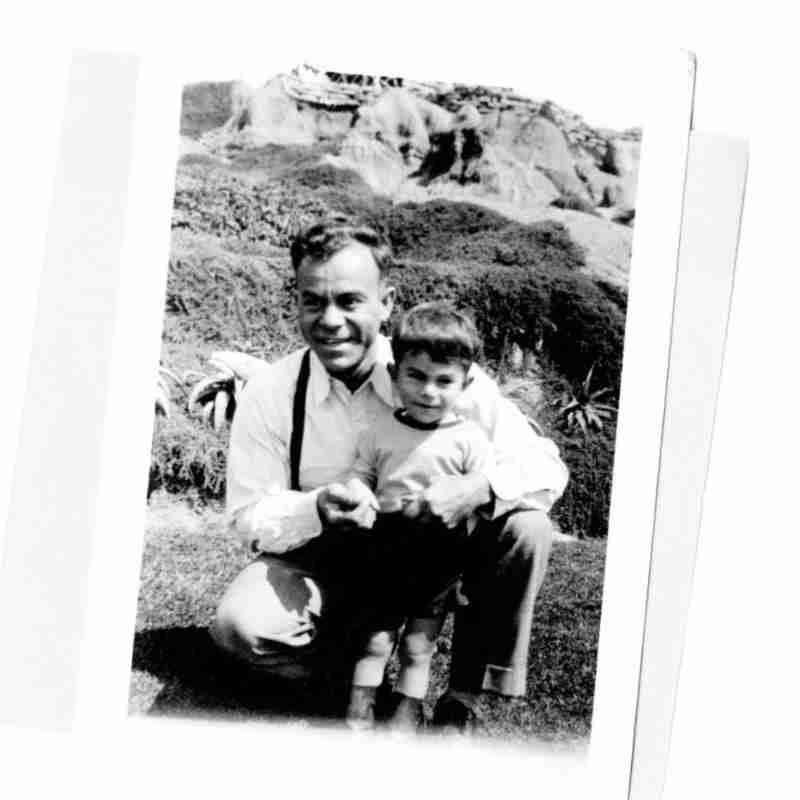
“On holidays, even at the orphanage on Sundays, I would rarely visit anywhere. Most everybody had one parent who would come.”
Holidays became a recurring reminder of what he lacked. College only deepened the isolation. “Campus cleared out, and you were there all alone,” he said.
These experiences left him grappling with anger and sadness, emotions he described as his “demons.” These were not fleeting feelings but persistent companions that haunted him even in adulthood.
“My wife would say to me, ‘Here he comes again, that demon,’” Hajim recalled with candor.
Moments of exclusion compounded the pain of loneliness. He recounted visiting a friend’s family for Christmas—a gesture of kindness that inadvertently underscored what he was missing.
“You saw everybody having a good time… and you have no family,” he said. The contrast was stark, and it deepened his understanding of what it meant to belong—or not to.

Harnessing Pain: Turn Feelings of Loneliness and Isolation into Action
Despite the pain, or perhaps because of it, Hajim developed a philosophy of action. “The two simple words are: keep busy,” he explained. As a young man, he filled his time with work, often taking on multiple jobs.
“I worked in a post office on Christmas, pitching mail for 12 hours,” he shared. At one point, he worked late shifts at a hamburger joint and then showed up at the library early the next morning, sometimes catching a nap in the stacks.
Work was more than a distraction; it was a lifeline. “When you work, you basically become part of a group,” he said.
For Hajim, this sense of belonging—even in the workplace—offered a temporary balm for the loneliness that followed him.
Yet, Hajim’s reflections reveal a profound self-awareness. He acknowledged that no amount of work or busyness could completely erase the sadness.
Instead, he learned to live with it. “You can’t get rid of all of those instances… they’re part of you,” he said. The key, he discovered, was to understand and manage those feelings. “Once you know you have it, you say, ‘This is something that happens to me, and I’m going to cope with it.’”
Building a Life Beyond Circumstances While Learning to Overcome Loneliness
Hajim’s resilience extended beyond his ability to cope. It fueled his drive to create a life of meaning. A staunch advocate for education, he believes in its transformative power.
But his philosophy goes beyond academics. He encourages young people to ask themselves deeper questions: “What are my passions? What are my principles? Who are my partners? What are my plans?”

These guiding questions, which form the foundation of his second book, The Island of the Four Ps, reflect Hajim’s belief that true success lies in designing a life aligned with one’s values.
“Titles mean nothing,” he said. “You have to test out what you want to do.”
Hajim’s journey took him from engineering to finance, where he held leadership roles at firms like Lehman Brothers and ING. Yet, he never forgot the importance of giving back.
Through his philanthropic efforts, including a $30 million donation to the University of Rochester, he has sought to create opportunities for others, particularly those who, like him, come from disadvantaged backgrounds.
When You Feel Lonely Seek the Gift of Connection
One of the most poignant themes of Hajim’s interview was his understanding of the importance of human connection. His 60-year marriage is a testament to the power of partnership.
“The key is having a partner,” he said. “Lonely people should, if they can, find someone to share their life with.”
He spoke of the importance of growing together, recognizing that both partners change over time. “If you’re not paying attention to the change, you end up living with a stranger,” he explained.
Hajim also emphasized the role of family in combating loneliness. As a father and grandfather, he finds joy in hosting large family gatherings, particularly during holidays.
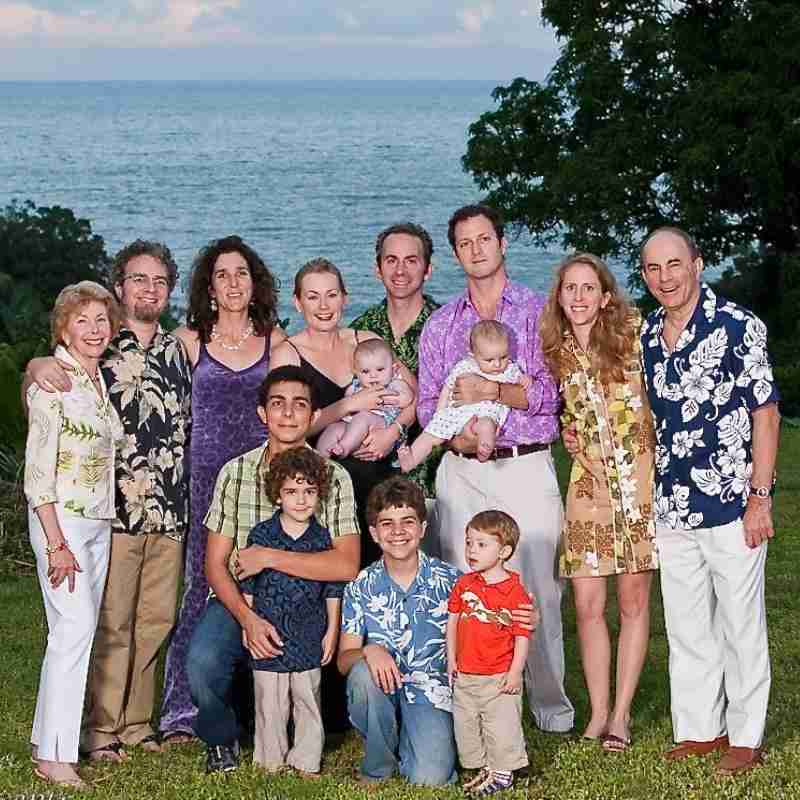
“Thanksgiving dinner, with 12 people running around, doesn’t allow room for loneliness,” he said. These moments of connection, whether through family or shared experiences, are what Hajim considers the antidote to isolation.
Ed’s Lessons for Life and How to Deal With Loneliness
As the interview drew to a close, Hajim offered advice to those struggling with loneliness or holiday stress. “Plan ahead,” he urged. Whether it’s picking up a volunteer opportunity or immersing yourself in a book, preparation is key.
He also emphasized the importance of lowering expectations. “Holidays are a mixed bag,” he said. “Don’t go in expecting everything to be perfect.”
Hajim’s reflections are a reminder that life’s struggles, while painful, can also be sources of growth. “The pain doesn’t go away, but you can minimize it,” he said.
By acknowledging his demons, surrounding himself with meaningful relationships, and focusing on the future, Hajim has turned his adversities into a life of purpose and fulfillment.
A Few Tips from Resilient Stories: Overcoming Loneliness and Finding Connection
Ed Hajim’s journey from a childhood of loneliness to a life filled with meaning and connection offers powerful lessons for anyone grappling with feelings of loneliness or isolation.
While not everyone experiences loneliness in the same way, there are universal strategies that can help combat loneliness, boost mental and physical health, and foster meaningful connections.
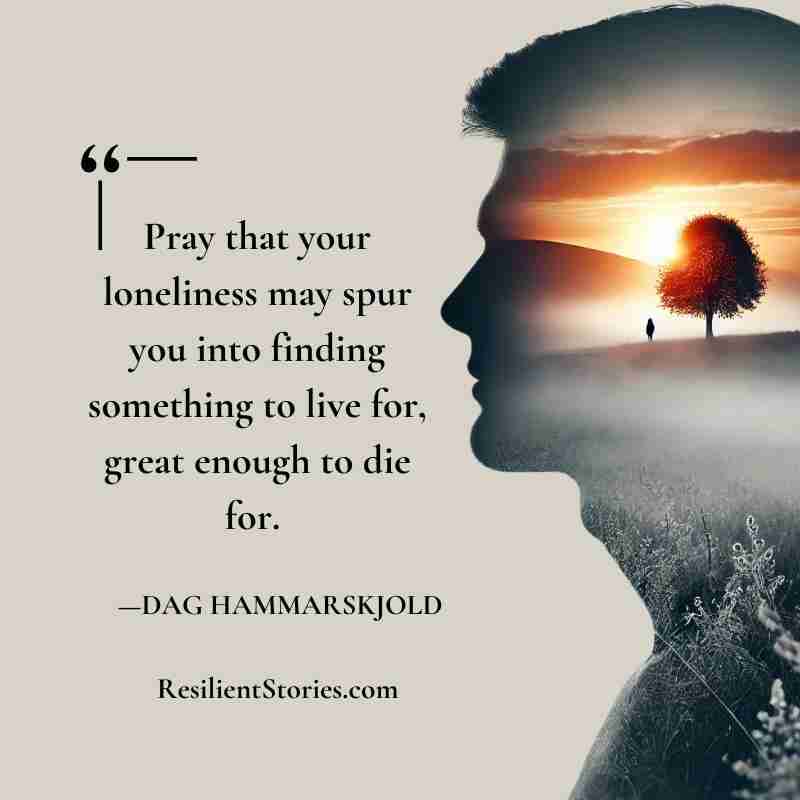
1. Build Social Opportunities
Loneliness and isolation often stem from a lack of social interaction.
Taking proactive steps to connect with others can make a significant difference. Whether it’s joining a book club, volunteering, or attending local meetup groups, finding activities that align with your interests can open doors to new friendships.
For older adults or younger people who feel isolated, community groups or even casual interactions, like chatting with dog walkers at a park, can lead to valuable relationships.
2. Practice Self-Care and Address Emotional and Mental Health
Feelings of loneliness often coexist with emotional struggles like anxiety or depression. Practicing self-care can help alleviate the negative impacts of loneliness.
This can include ensuring enough sleep, spending time outdoors, or even visiting a coffee shop to be around others.
Research has shown that simple acts, such as maintaining a healthy diet and getting regular exercise, can significantly improve mood and overall well-being.
3. Create Meaningful Connections
Deep relationships with close friends or family members can reduce the sense of isolation many feel.
Ed Hajim’s example of hosting family gatherings during the holiday season underscores the importance of spending time with loved ones.
For those without a strong family network, connecting with a support group or a community organization can provide the same sense of belonging.
4. Recognize and Address the Holiday Blues
The holiday season can be particularly challenging for people who feel lonely or sad.
It’s a time when societal expectations of joy and togetherness can magnify feelings of isolation.
Planning and setting realistic expectations are key to managing these emotions.
Consider inviting friends and family to small, low-pressure gatherings or volunteering with a charity group to foster a sense of purpose and connection.
5. Seek Professional Support When Needed
If feelings of loneliness persist and begin to affect mental or physical health, it’s important to seek help.
Speaking with a therapist or joining a support group can provide coping skills to manage social isolation and improve emotional health.
Studies indicate that addressing loneliness early can reduce the risk of associated health issues, such as heart disease and depression.
6. Take Small Steps Toward Connection
Even small acts, like starting a conversation with someone new or revisiting an old interest, can pave the way for new social connections.
Hajim’s story reminds us that every person has a unique journey, and sometimes it’s about taking one small step at a time to rebuild relationships or form new ones.
7. Focus on Your Passions
Engaging in activities you love can be a powerful way to overcome loneliness.
Whether it’s joining a hobby group, participating in a fitness class, or working on a creative project, pursuing your interests often leads to opportunities to meet like-minded people.
For older people, this might mean rediscovering a lifelong passion, while younger individuals might explore something entirely new.
Final Thoughts on How to Deal With Loneliness
Loneliness is a complex experience that affects people in many ways. Everyone’s method of how to deal with loneliness will also be a little different.
Remember that change is possible if you’re feeling lonely due to other circumstances, social isolation, or a lack of close relationships.
By fostering social interaction, practicing self-care, and seeking support when needed, one can cope with these feelings and even thrive.
As Ed Hajim’s story shows, resilience and connection are within reach, even in the face of adversity.
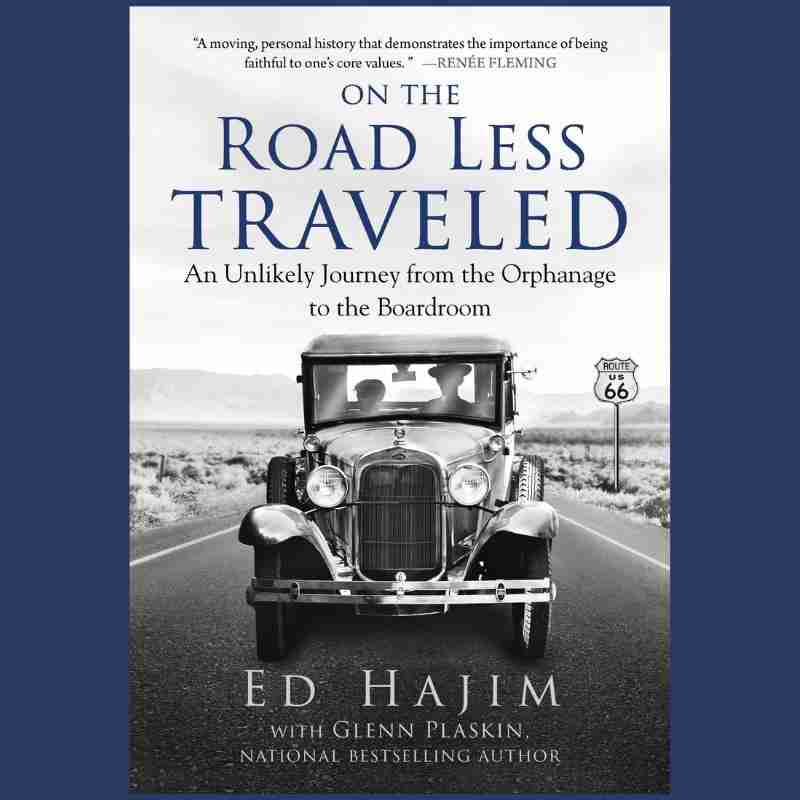
Do you have any tips on how to deal with loneliness? Drop us a comment in the section below.

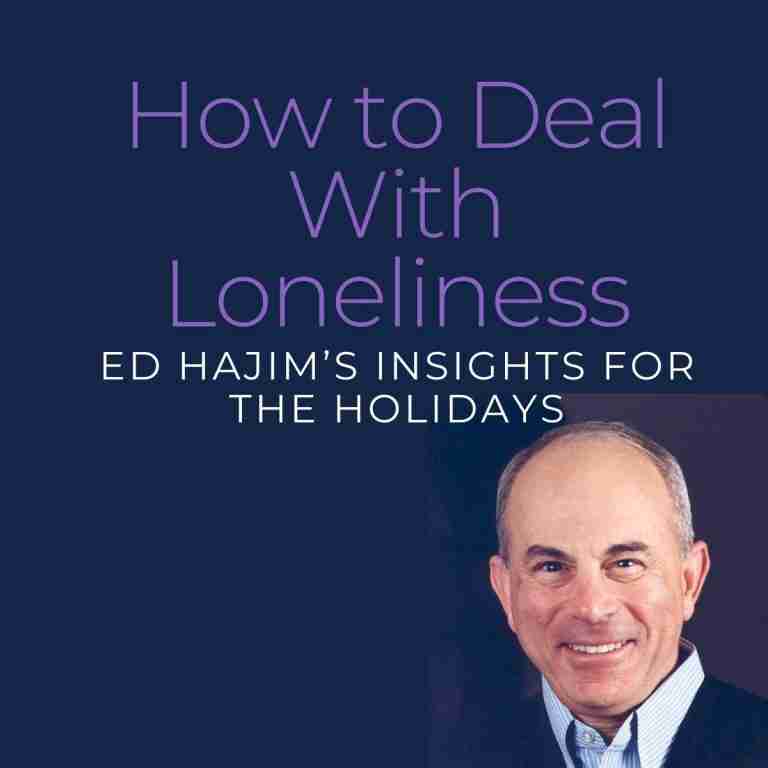

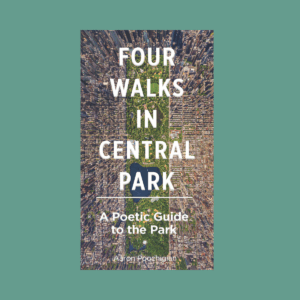



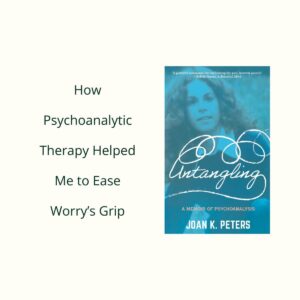
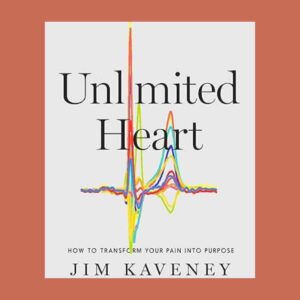
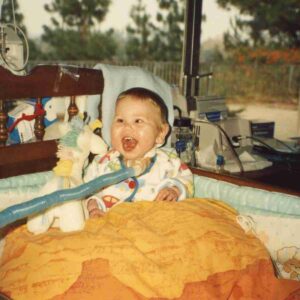






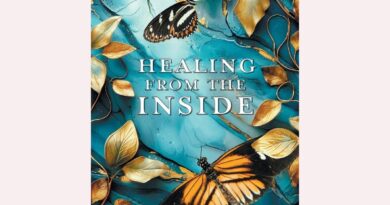












I don’t see how I will ever not feel lonely, even around a crowd of people. I get involved in many things. Ed’s story gives hope. Loneliness in my older years has been a while new experience